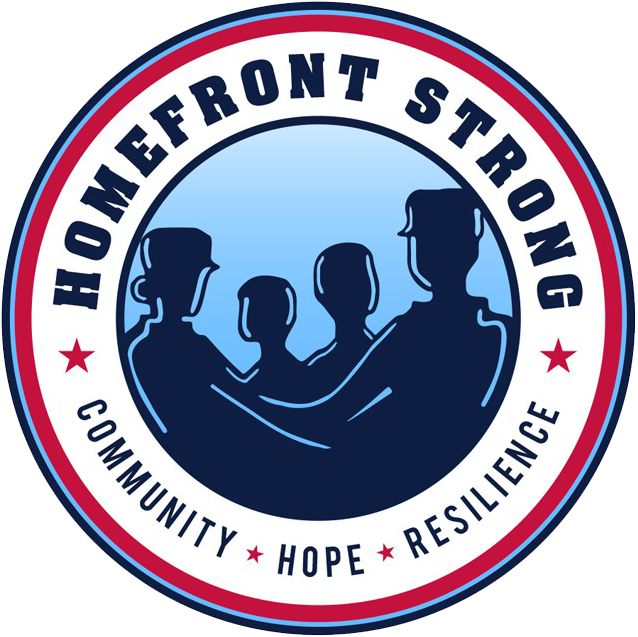Acting out may be discouraged for toddlers, but for veterans, it helps.
The Brookfield Institute has taken steps in this direction through our Veterans Storytelling Project. We’re encouraging veterans to talk about their experiences, sometimes on video, and share them with others in whatever forms they’re comfortable with.
But others are taking their stories to the stage and we — among many others — applaud them.
The Telling Project has spotlighted 180 veterans and family members on stages across the country since its inception in 2008. Upcoming performances include two at the Yale Cabaret in New Haven, Conn., April 28 and 29.
The focus of The Telling Project is the same as our own Veterans Storytelling Project: To help veterans and family members share their stories with their communities. Research proves that telling their stories helps reduce PTSD, while helping friends, family members and neighbors understand their loved ones better.
“Eventually, we’d like to get these stories to a larger audience, to create stage presentations,” said the Rev. Beverly Prestwood-Taylor, executive director of The Brookfield Institute. She’d like to include some of the lighter moments, many of which center around deployment. “We need a few more stories first,” she said.
If you or a veteran you know has a story, we’d like to hear it. The Brookfield Institute has trained volunteers who aren’t intrusive and who let the veterans take the lead, Prestwood-Taylor said.
“Many of us are carrying stories about things that are pretty terrible,” said Afghan vet Bryan Pelley. “What we need is a sense of validation from the community, a sense of purpose for what we did.”
Getting those stories out to a larger audience helps validate them, which is how theater helps. “Greater understand fosters receptivity,” according to The Telling Project, “easing veterans’ transitions back to civil society, and allowing communities to benefit from the skills and experience they bring with them.”
Dave Dunckel, of Michigan, took his storytelling to the next level and joined the cast of “ReEntry,” a show that tells the true stories of Marine vets and their families, and the struggle to rejoin society after war. Director Bert Goldstein said “ReEntry” offers a message of hope. “There will be a military audience who will find seeing this cathartic,” he told a Michigan public radio station. “I think the other audience is somebody like me, who knows very little about the military, knows very little about the military experience, and yet it’s very eye-opening to see what happens when they come home and what they’re going through.”
Dunce says he’s acting in “ReEntry” for the 22 veterans who commit suicide every day. He thinks most of them are suffering because they’re not telling their stories, they’re bottling up the pain and confusion.
“The toughest thing that you can do is bare it,” he said. “That’s a lot harder than keeping it inside. But it’s also the only way you’ll get any benefit out of it.”
Contact Beverly Prestwood-Taylor for help with telling your story. “We are very careful with each story,” she said. “We ask if they want to write, talk or videotape it. We make sure we know who they want to hear it. And we assure veterans it’s their story. They own it.”
Email Prestwood-Taylor or call her at 413-563-7282 to begin the healing.

